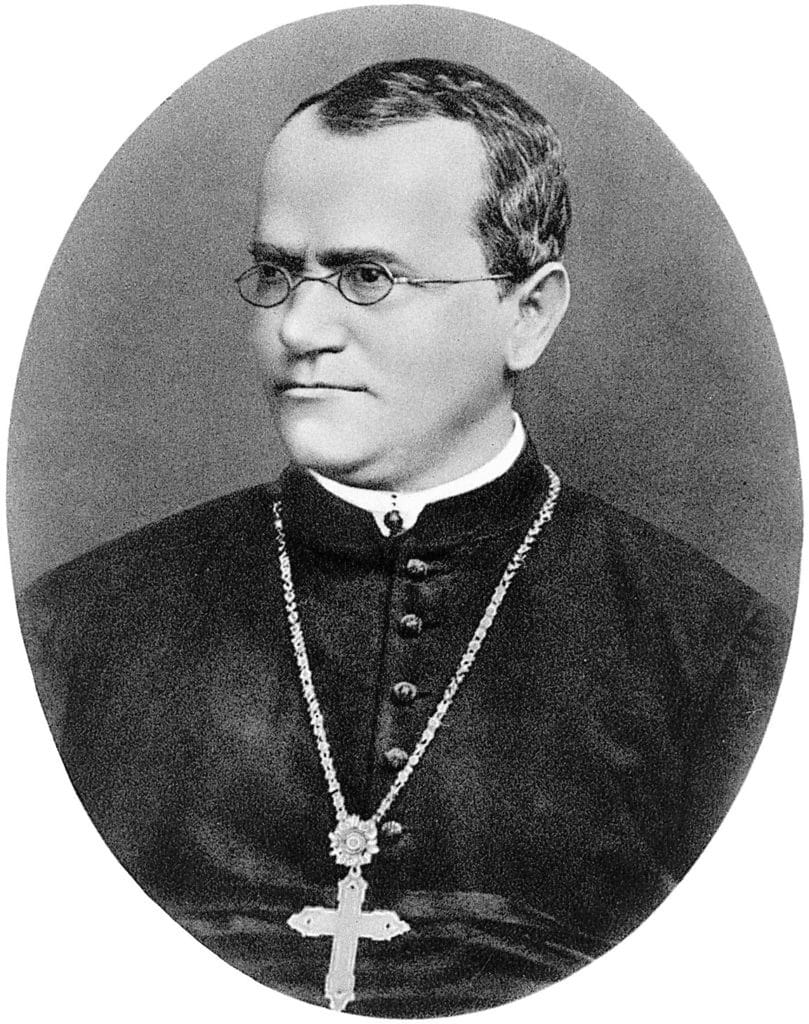
Imagine what it’s like to come into a world with high intelligence. From early in youth, you are infused with an eagerness to understand your new existence. Adults whom you love and who love you may attempt to teach you ancient religious doctrine that doesn’t make sense to you, but you attempt to accept these teachings, because you love the people who love and nurture you. Gradually, their accepted truths and your beliefs diverge creating a cognitive dissonance that distances you from your family’s beliefs, although you may still retain an emotional familial attachment.
During your years in elementary school, you begin to discover that you don’t fit into the social network of your classmates. You are different in your interests and in your perceptions of the world around you. When your classmates recognize your difference, the human version of the pecking order comes into full flower and you are bullied or ostracized. Your natural assumption is that this persecution is a result of your own inadequacy. You may turn in on yourself and become self-destructive, lamenting your “inadequacies” and allowing your life to spiral into inconsequence. Alternatively, you may transcend this early imprinting and begin to realize that your difference may be an advantage, rather than a liability. As German philosopher Friedrich Nietzsche observed:
The individual has always had to struggle to keep from being overwhelmed by the tribe. If you try it, you will be lonely often, and sometimes frightened. But no price is too high to pay for the privilege of owning yourself.
Once the highly intelligent person recognizes that their perspective is often superior to accepted belief, they are free to follow their own star and pursue their own dreams. This is the freedom that prompted Isaac Newton to isolate himself in his exploration of science and not publish his discoveries lest he “become a slave to defend his theories,” It is the same freedom that prompted Steve Jobs to found Apple Inc. and Jeff Bezos to abandon a million-dollar-a-year job to found Amazon. It was also the freedom that prompted Elon Musk to found several companies, including SpaceX, Neuralink, and OpenAI.
When Elon Musk first proposed the idea of making a rocket that could go into space and eventually reach Mars, his friends held an intervention to help him understand that an individual could not hope achieve what NASA and large corporations like Boeing felt were unattainable. Recognizing that unschooled opinion has little value, Elon founded SpaceX in 2002, and two weeks ago, NASA turned to SpaceX to retrieve two stranded astronauts from the International Space Station.
In recent weeks, Musk has received many threats on his life on account of his association with President Donald Trump. However, it is highly likely that Musk will not be deterred from proceeding with his work, because he has survived a lifetime of bullying and is accustomed to disregarding naysayers.
The stories of Jobs, Bezos and Musk are accounts of highly intelligent people who were able to transcend the pressures that come from being different. Many very intelligent people are destroyed in early youth and never survive to make great contributions. Others, like Ludwig Boltzmann, Évariste Galois and Gregor Mendel survive the early years, but live in isolation and their achievements are only recognized posthumously.
Having high intelligence is a wonderful gift that can yield groundbreaking achievements, but it must be coupled with the ability to stand apart from consensus and disregard naysayers.
